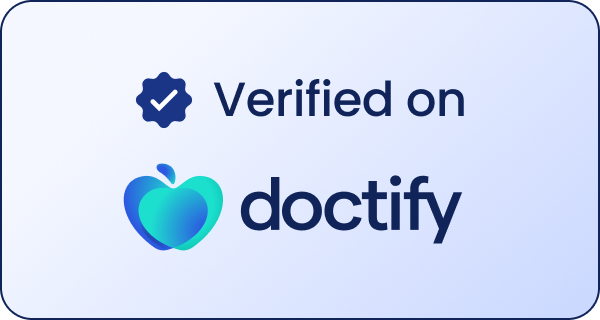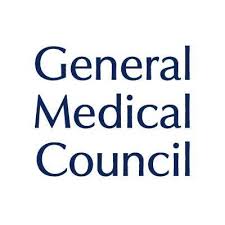FAQs
How long does eczema last in children?
Eczema can be a long‑term condition, but many children see significant improvement as they get older. Some outgrow it completely, while others may continue to have occasional flare‑ups in adulthood.
How can I treat my child’s eczema at home?
Daily moisturising is key. Use fragrance‑free emollients, apply after bathing to lock in moisture, avoid known triggers, and keep your child’s nails short to reduce scratching damage. During flare‑ups, use treatments prescribed by your doctor promptly to get symptoms under control.
What foods can trigger eczema in children?
For some children, certain foods such as dairy, eggs, nuts, or wheat may trigger flare‑ups, but this is not the case for all. Food allergy testing may be recommended if eczema is severe, persistent, or linked to eating specific foods.
Can eczema be cured?
There is no permanent cure for eczema, but it can be very effectively managed with the right daily skincare and treatment plan. Many children experience fewer symptoms and longer periods of clear skin over time.
When should I see a doctor for my child’s eczema?
You should seek medical advice if:
- The eczema is severe or not improving with basic treatment
- The skin becomes very red, swollen, hot, or oozing (possible infection)
- Your child’s sleep, comfort, or daily life is affected by itching or pain
Is eczema linked to allergies or asthma?
Yes. Eczema is part of the “atopic triad,” which also includes asthma and hay fever. Children with eczema may be more likely to develop allergies or asthma.
What’s the best cream for eczema in children?
The best treatment is one that keeps the skin hydrated and reduces inflammation. For daily use, a fragrance‑free emollient is recommended. For flare‑ups, your doctor may prescribe a topical steroid or non‑steroidal anti‑inflammatory cream.



